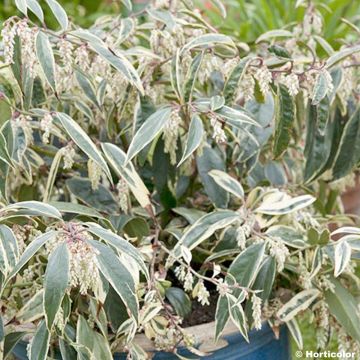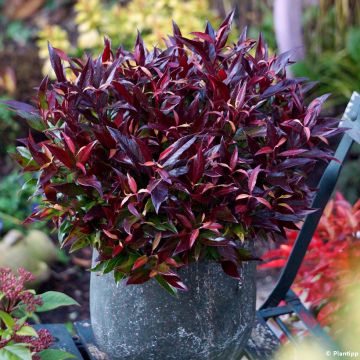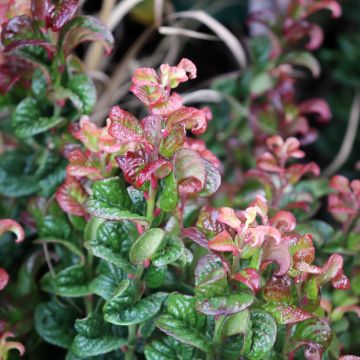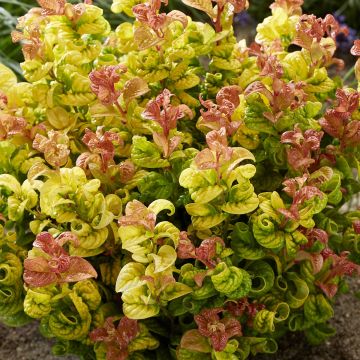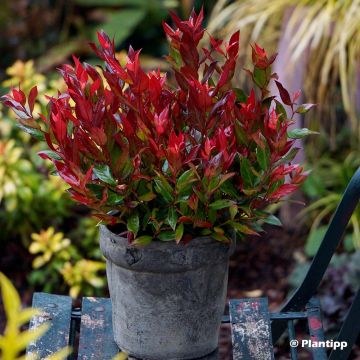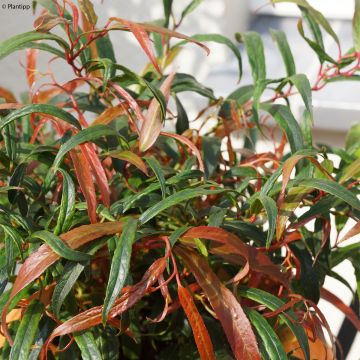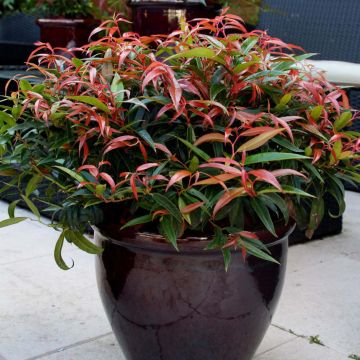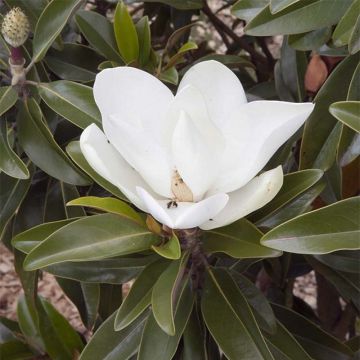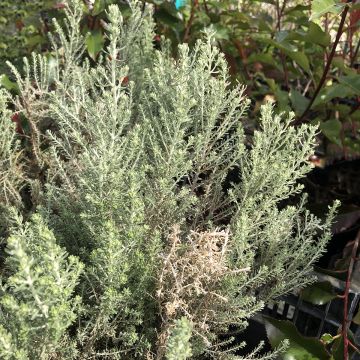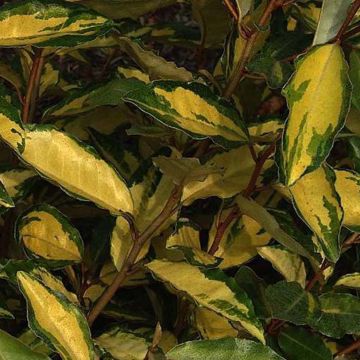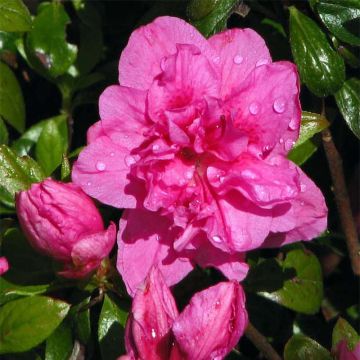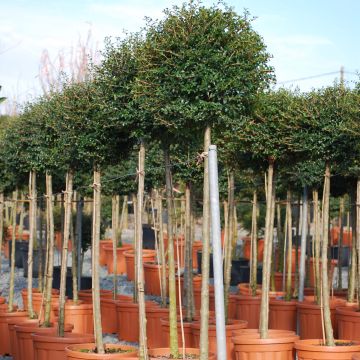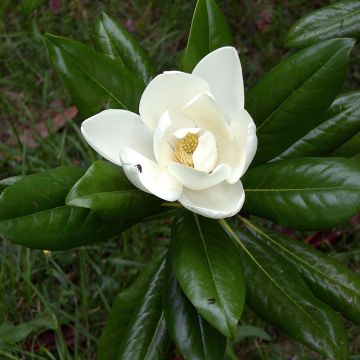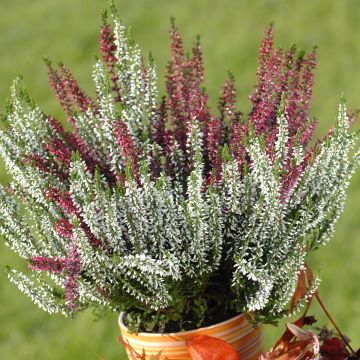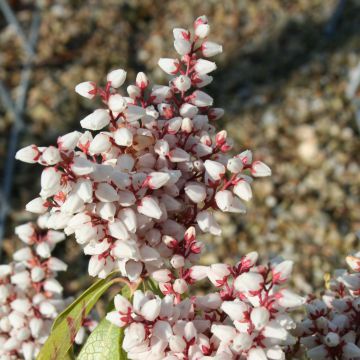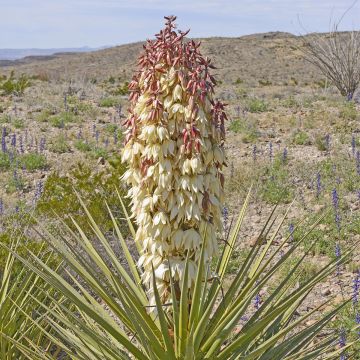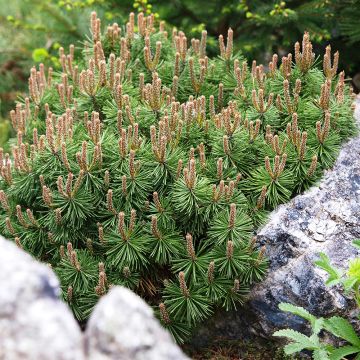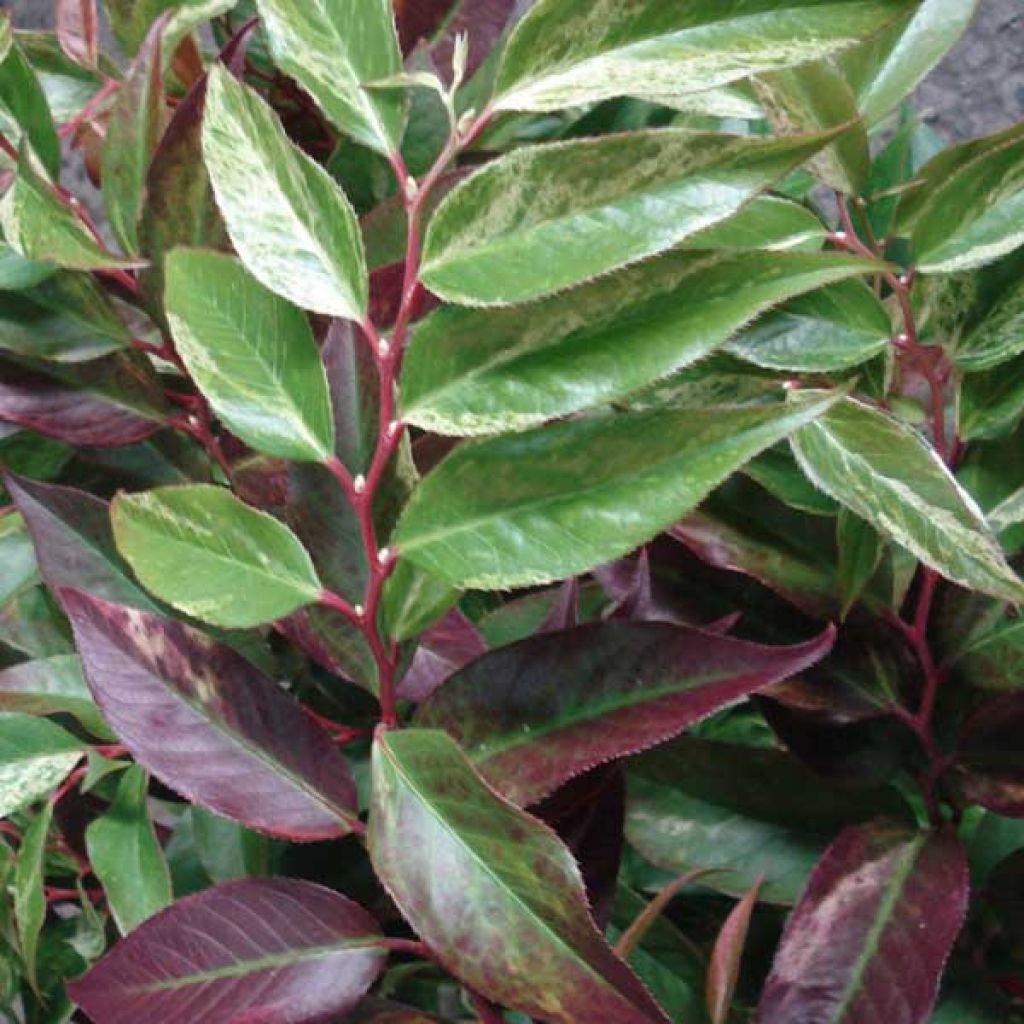

Leucothoe fontanesiana Rainbow
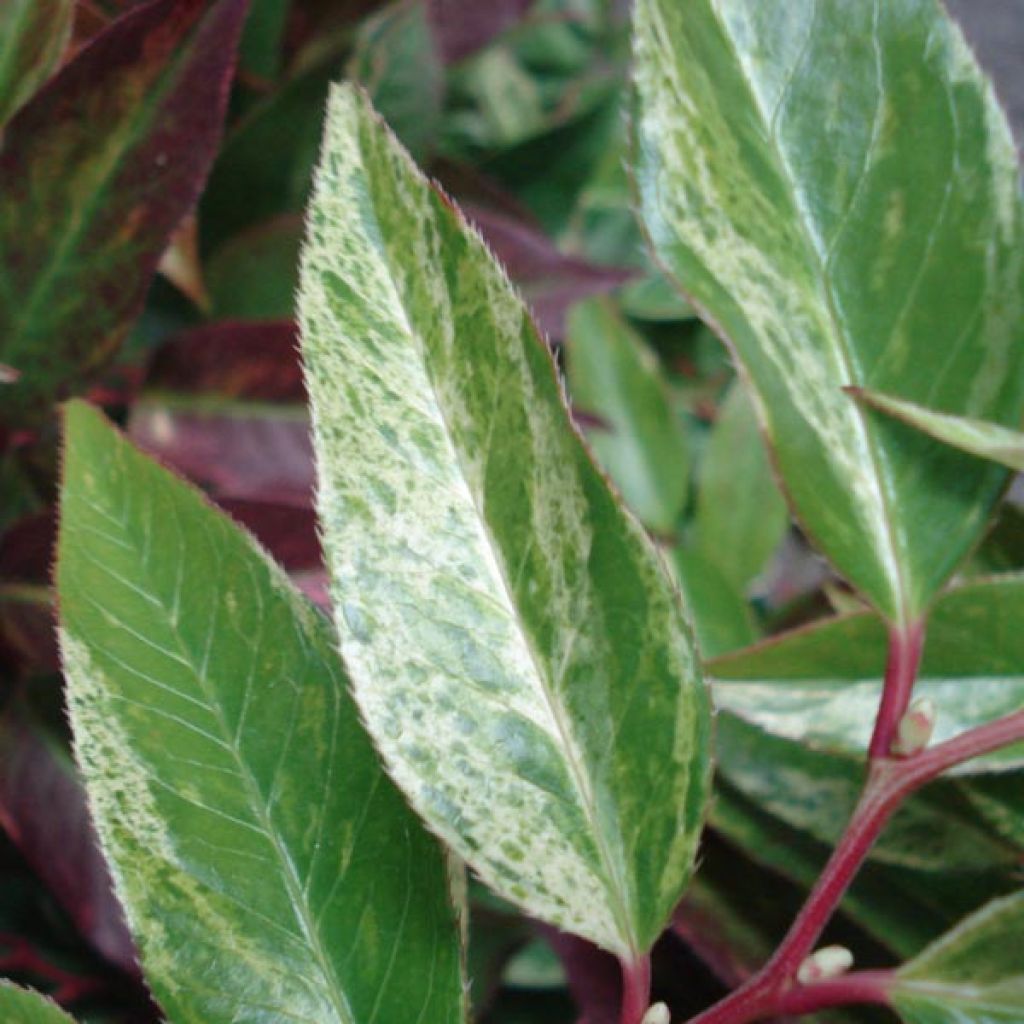

Leucothoe fontanesiana Rainbow
Leucothoe fontanesiana Rainbow
Leucothoe fontanesiana Rainbow
Drooping Leucothoe, Highland Doghobble, Fetter-bush
This item cannot be shipped to the selected country
Delivery charge from €5.90
Delivery charge from €5.90
More information
Schedule delivery date,
and select date in basket
This plant carries a 24 months recovery warranty
More information
We guarantee the quality of our plants for a full growing cycle, and will replace at our expense any plant that fails to recover under normal climatic and planting conditions.
From €5.90 for pickup delivery and €6.90 for home delivery
Express home delivery from €8.90.
From €5.90 for pickup delivery and €6.90 for home delivery
Express home delivery from €8.90.
Does this plant fit my garden?
Set up your Plantfit profile →
Description
Leucothoe fontanesiana 'Rainbow' or Leucothe walteri is distinguished by its dense, evergreen foliage with reddish-orange young shoots, turning dark green with wide pink and white marbling, and eventually changing to dark red from autumn to winter. In spring, it produces clusters of pendulous, small white flowers with a slight fragrance at the tips of its branches. This is a small, ornamental bush that has a beautifully arching and low habit with well-spread branches. It is an exceptional subject in a pot on a terrace, as a foreground in shrub borders, and as colorful ground cover on slopes. Native to damp woodlands, it should be planted in acidic, moist, light, and rich soil in shade or partial shade.
Leucothoe fontanesiana, also known as the Pearl Flower, is a shrub from the Ericaceae family that is used ornamentally for its arching silhouette and ever-changing foliage colours, which are magnificent throughout the year. It forms a spreading and low clump, reaching 1 to 2 metres (3 feet 4 inches to 6 feet 7 inches) in all directions, or even wider. It is native to humid forests in the southeastern United States. It is a hardy species, tolerating temperatures down to -15°C (5 °F). This Leucothoe is found in cool undergrowth, avoiding overly dry and exposed locations to wind and sun. It thrives in humus-rich soil that remains moist and neutral to slightly acidic, without limestone. The 'Rainbow' variety has a particularly compact habit and does not exceed 1 metre (3 feet 4 inches) in height and 1.5 metres (4 feet 11 inches) in width. From April to May, clusters of small white bell-shaped flowers, about 6mm (0.2in) long and slightly fragrant, emerge. The clusters appear at the axils of the red leaf stalks, only at the ends of the branches, and measure 7 to 15cm (2.8 to 5.9in) long. The evergreen foliage is composed of glossy, leathery, ovate-lanceolate leaves measuring 6 to 15cm (2.4 to 5.9in) long, with a sharp acuminate tip. When young, the leaves are initially reddish-orange before taking on a dark green colour heavily marked with white and pink. From autumn, the leaves turn dark red and remain persistent throughout the winter. Its variegation stands out more distinctly in a bright semi-shaded exposure!
This spreading shrub complements heather beds perfectly, for example, around a pond. In a Japanese garden, plant it with Japanese grasses, rhododendrons, and azaleas. It can be placed in a border, as a low hedge mixed with other low shrubs, in a rockery, and even in a container to recreate colourful woodland scenes. Consider pairing it with tall ferns, bearded irises, foxgloves, and sedges. When in a container, water it with rainwater that is free from limestone.
Report an error about the product description
Leucothoe fontanesiana Rainbow in pictures
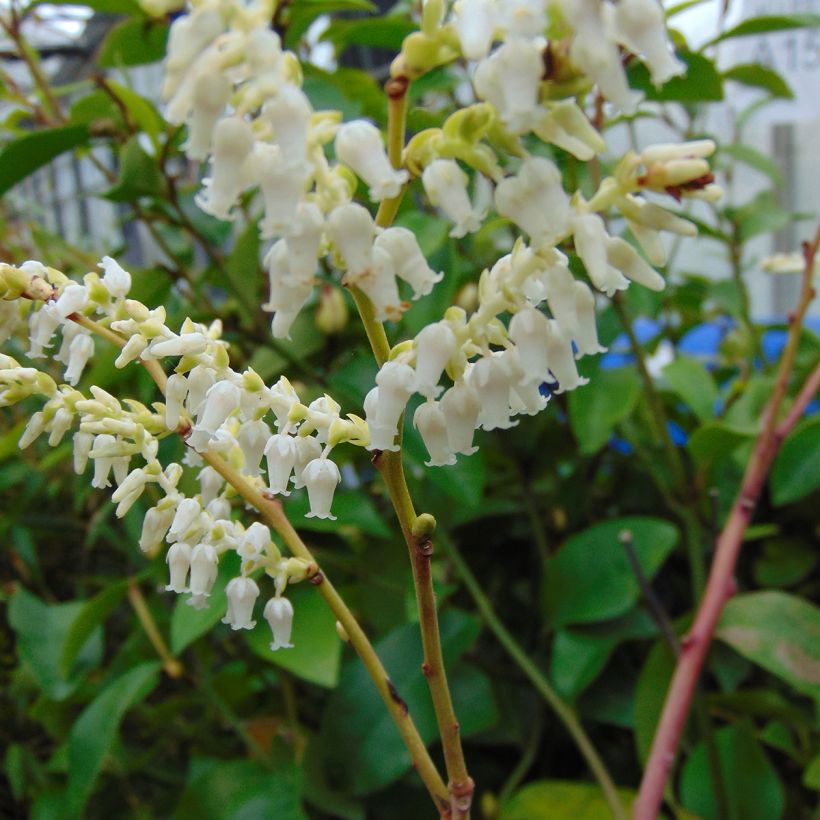



Plant habit
Flowering
Foliage
Botanical data
Leucothoe
fontanesiana
Rainbow
Ericaceae
Drooping Leucothoe, Highland Doghobble, Fetter-bush
Cultivar or hybrid
Other Leucothoe
Planting and care
Place Leucothoe fontanesiana 'Rainbow' in shade or partial shade in a moist, acidic or neutral soil. It does not tolerate limestone. In February-April, before the start of new growth, prune the diseased or dead wood and the branches that compromise symmetry, keeping only the vigorous branches for a good habit of the young plant.
Planting period
Intended location
Care
-
, onOrder confirmed
Reply from on Promesse de fleurs
Evergreen shrubs
Haven't found what you were looking for?
Hardiness is the lowest winter temperature a plant can endure without suffering serious damage or even dying. However, hardiness is affected by location (a sheltered area, such as a patio), protection (winter cover) and soil type (hardiness is improved by well-drained soil).

Photo Sharing Terms & Conditions
In order to encourage gardeners to interact and share their experiences, Promesse de fleurs offers various media enabling content to be uploaded onto its Site - in particular via the ‘Photo sharing’ module.
The User agrees to refrain from:
- Posting any content that is illegal, prejudicial, insulting, racist, inciteful to hatred, revisionist, contrary to public decency, that infringes on privacy or on the privacy rights of third parties, in particular the publicity rights of persons and goods, intellectual property rights, or the right to privacy.
- Submitting content on behalf of a third party;
- Impersonate the identity of a third party and/or publish any personal information about a third party;
In general, the User undertakes to refrain from any unethical behaviour.
All Content (in particular text, comments, files, images, photos, videos, creative works, etc.), which may be subject to property or intellectual property rights, image or other private rights, shall remain the property of the User, subject to the limited rights granted by the terms of the licence granted by Promesse de fleurs as stated below. Users are at liberty to publish or not to publish such Content on the Site, notably via the ‘Photo Sharing’ facility, and accept that this Content shall be made public and freely accessible, notably on the Internet.
Users further acknowledge, undertake to have ,and guarantee that they hold all necessary rights and permissions to publish such material on the Site, in particular with regard to the legislation in force pertaining to any privacy, property, intellectual property, image, or contractual rights, or rights of any other nature. By publishing such Content on the Site, Users acknowledge accepting full liability as publishers of the Content within the meaning of the law, and grant Promesse de fleurs, free of charge, an inclusive, worldwide licence for the said Content for the entire duration of its publication, including all reproduction, representation, up/downloading, displaying, performing, transmission, and storage rights.
Users also grant permission for their name to be linked to the Content and accept that this link may not always be made available.
By engaging in posting material, Users consent to their Content becoming automatically accessible on the Internet, in particular on other sites and/or blogs and/or web pages of the Promesse de fleurs site, including in particular social pages and the Promesse de fleurs catalogue.
Users may secure the removal of entrusted content free of charge by issuing a simple request via our contact form.
The flowering period indicated on our website applies to countries and regions located in USDA zone 8 (France, the United Kingdom, Ireland, the Netherlands, etc.)
It will vary according to where you live:
- In zones 9 to 10 (Italy, Spain, Greece, etc.), flowering will occur about 2 to 4 weeks earlier.
- In zones 6 to 7 (Germany, Poland, Slovenia, and lower mountainous regions), flowering will be delayed by 2 to 3 weeks.
- In zone 5 (Central Europe, Scandinavia), blooming will be delayed by 3 to 5 weeks.
In temperate climates, pruning of spring-flowering shrubs (forsythia, spireas, etc.) should be done just after flowering.
Pruning of summer-flowering shrubs (Indian Lilac, Perovskia, etc.) can be done in winter or spring.
In cold regions as well as with frost-sensitive plants, avoid pruning too early when severe frosts may still occur.
The planting period indicated on our website applies to countries and regions located in USDA zone 8 (France, United Kingdom, Ireland, Netherlands).
It will vary according to where you live:
- In Mediterranean zones (Marseille, Madrid, Milan, etc.), autumn and winter are the best planting periods.
- In continental zones (Strasbourg, Munich, Vienna, etc.), delay planting by 2 to 3 weeks in spring and bring it forward by 2 to 4 weeks in autumn.
- In mountainous regions (the Alps, Pyrenees, Carpathians, etc.), it is best to plant in late spring (May-June) or late summer (August-September).
The harvesting period indicated on our website applies to countries and regions in USDA zone 8 (France, England, Ireland, the Netherlands).
In colder areas (Scandinavia, Poland, Austria...) fruit and vegetable harvests are likely to be delayed by 3-4 weeks.
In warmer areas (Italy, Spain, Greece, etc.), harvesting will probably take place earlier, depending on weather conditions.
The sowing periods indicated on our website apply to countries and regions within USDA Zone 8 (France, UK, Ireland, Netherlands).
In colder areas (Scandinavia, Poland, Austria...), delay any outdoor sowing by 3-4 weeks, or sow under glass.
In warmer climes (Italy, Spain, Greece, etc.), bring outdoor sowing forward by a few weeks.


































